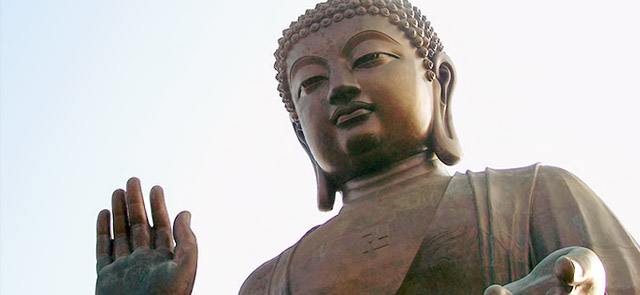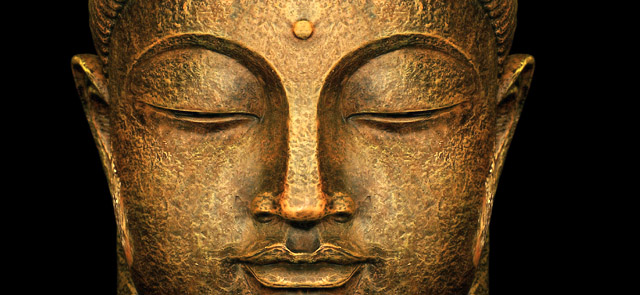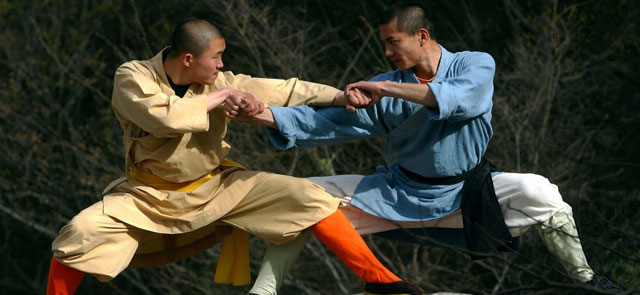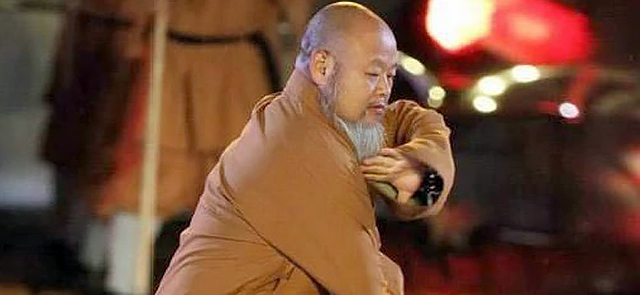In the vast realm of knowledge and wisdom, teachings abound like stars in the night sky. From ancient scriptures and philosophical treatises to modern scientific discoveries and technological advancements, humanity has amassed an immense treasure trove of insights and principles. Yet, despite this abundance of teachings, the scarcity of masters remains a prevailing challenge.
Masters are not mere conveyors of information or regurgitators of facts. They are the living embodiments of wisdom, possessing a deep understanding of their chosen discipline and the ability to guide others on the path of enlightenment. Masters are rare, distinguished by their profound insight, their ability to synthesize complex ideas, and their capacity to transmit knowledge with clarity and compassion.
The scarcity of masters is not due to a lack of potential or innate ability within individuals. Instead, it stems from a variety of factors that hinder the cultivation and emergence of true masters. One such factor is the fast-paced, superficial nature of modern society. In an era dominated by instant gratification and quick fixes, the patience and dedication required to become a master are often overlooked or undervalued.
Furthermore, the rise of mass media and the internet has created a deluge of information, leading to an overwhelming cacophony of voices. While access to knowledge has become easier than ever before, the challenge lies in discerning the authentic from the superficial, the profound from the mundane. The result is a sea of conflicting ideologies and half-baked philosophies, making it difficult for aspiring seekers to find the genuine masters amidst the noise.
Another contributing factor to the scarcity of masters is the erosion of traditional systems of education and mentorship. In the past, disciplines such as martial arts, craftsmanship, and spiritual practices were passed down through rigorous apprenticeships and intimate one-on-one relationships between masters and disciples. However, in the modern world, the emphasis on specialization, formal education, and institutionalized learning has often replaced the intimate connection and personal guidance that is crucial for true mastery to flourish.
To address this scarcity, we must recognize the importance of nurturing and cultivating the next generation of masters. It requires a shift in our collective mindset and a reevaluation of our priorities. We must foster an environment that encourages deep learning, patience, and dedication, rather than superficial knowledge acquisition. We must place value on mentorship and apprenticeship, recognizing the profound impact that a master can have on an individual's growth and development.
Moreover, we must actively seek out and support those who exhibit the qualities of a master. By recognizing and honoring their wisdom, we create a fertile ground for the growth and dissemination of true mastery. This involves cultivating communities of like-minded individuals, fostering spaces for dialogue and exchange, and providing platforms for masters to share their teachings with authenticity and integrity.
In conclusion, the shortage of masters in the face of an abundance of teachings is a challenge that requires our attention and concerted efforts. It is not enough to merely accumulate knowledge; we must strive to become masters in our own right and seek out those who can guide us on the path. By nurturing the growth of masters and creating a culture that values wisdom and insight, we can bridge the gap between the vast sea of teachings and the scarcity of true masters, leading us towards a more enlightened and harmonious world.







